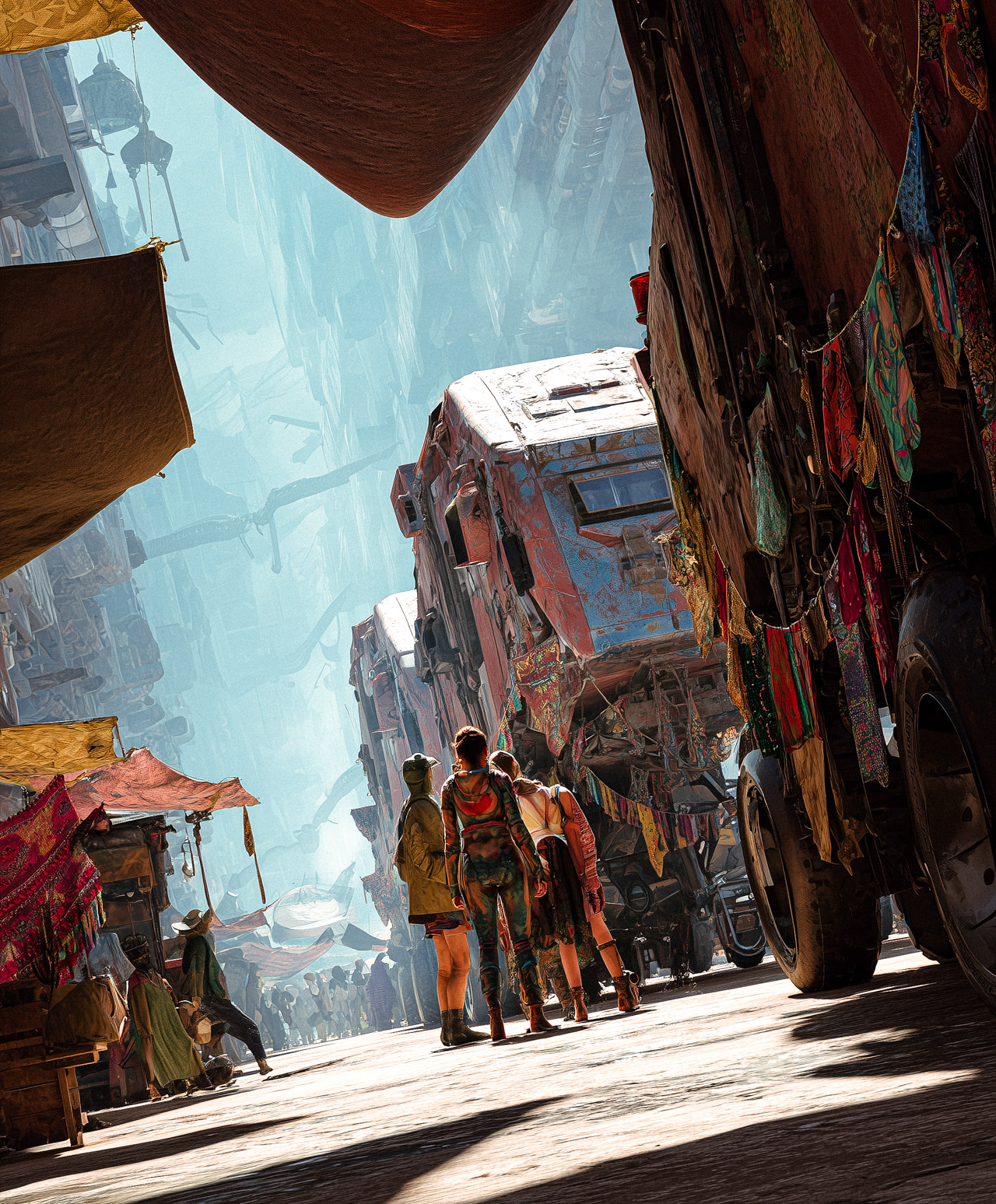
Steppe Nomads
November 2025

Fine
September 2025
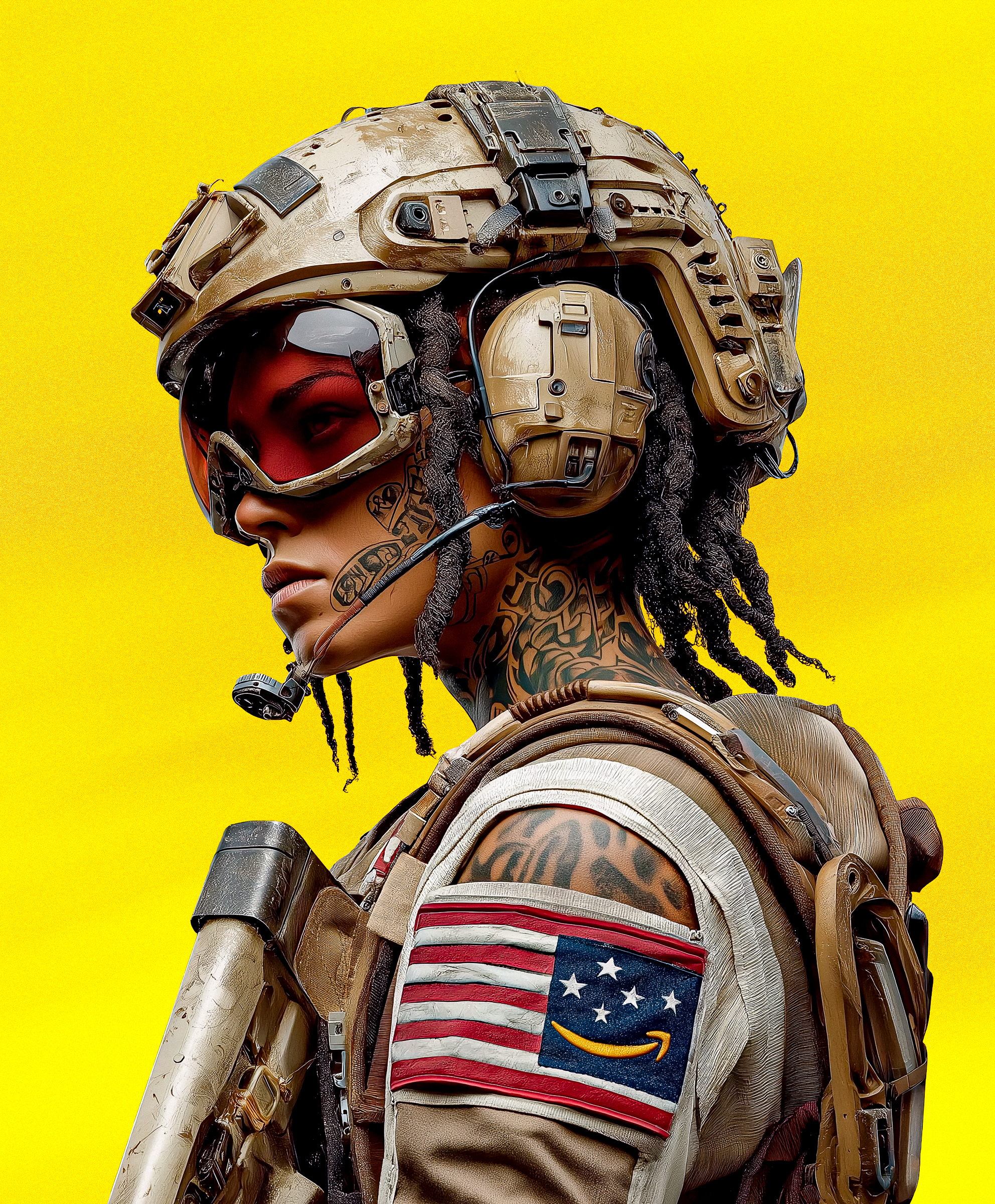
Anarcho Capitalism
June 2025
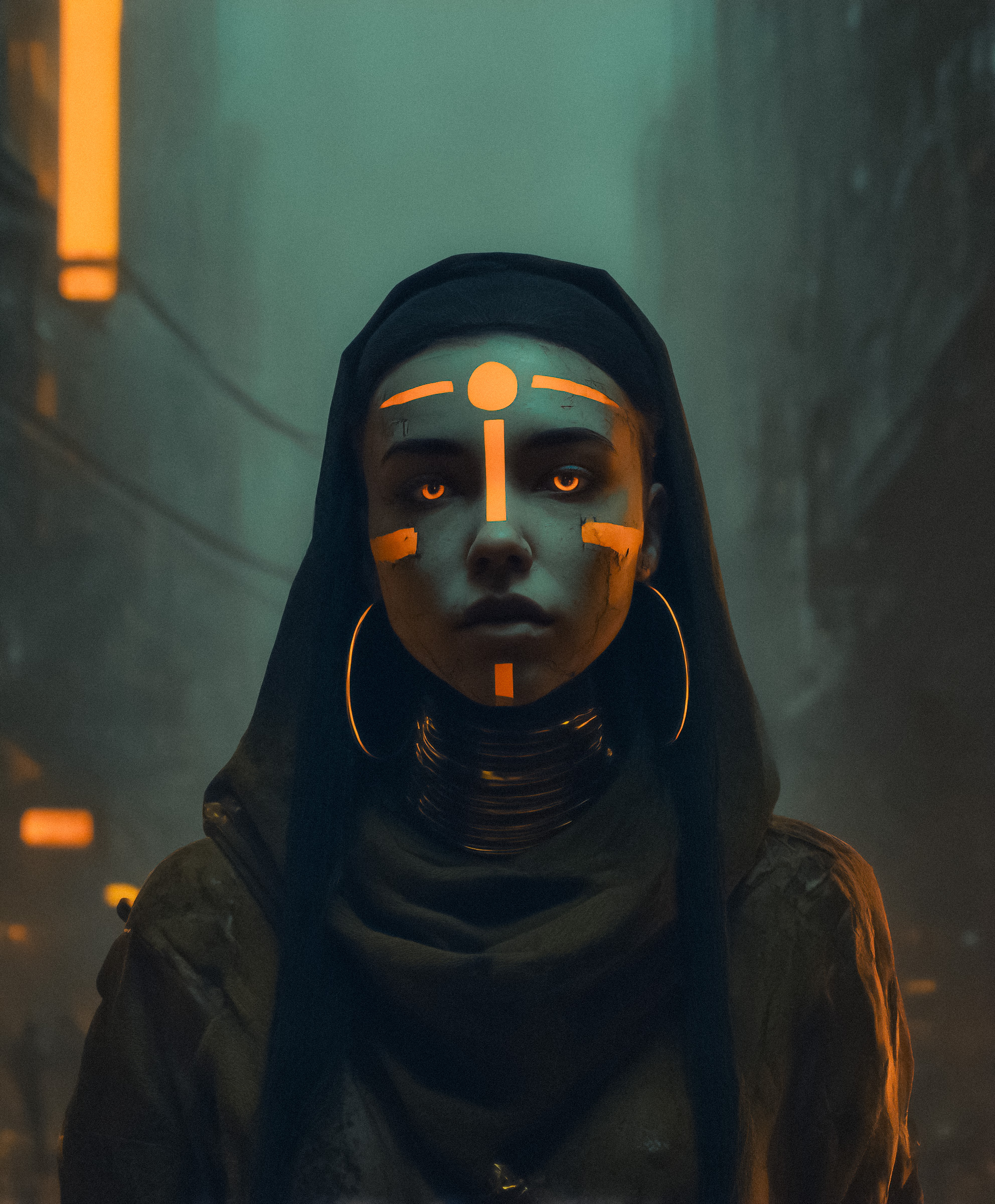
Seers
May 2025
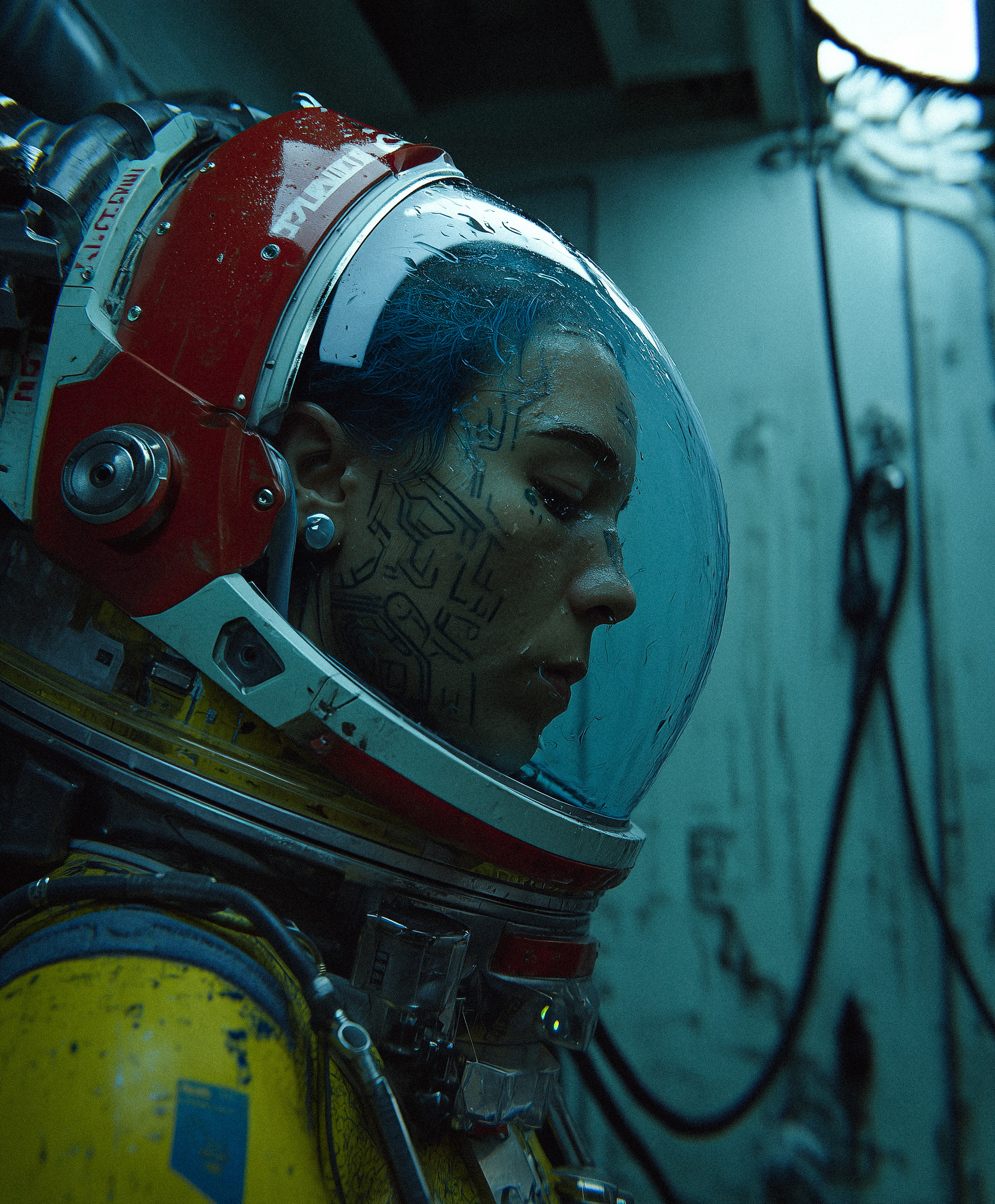
Karsaga Reach
April 2025
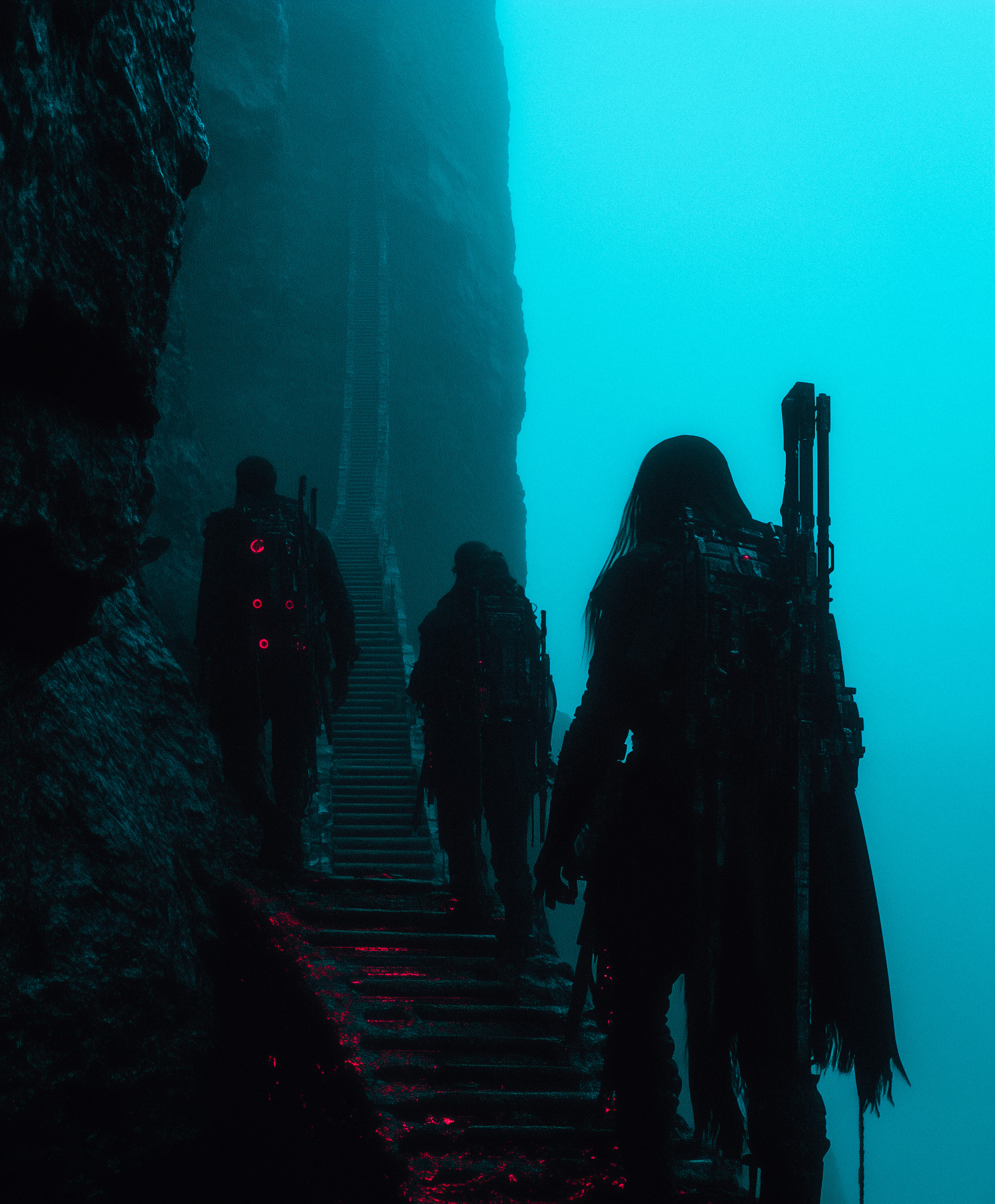
Dover Scavs
March 2025
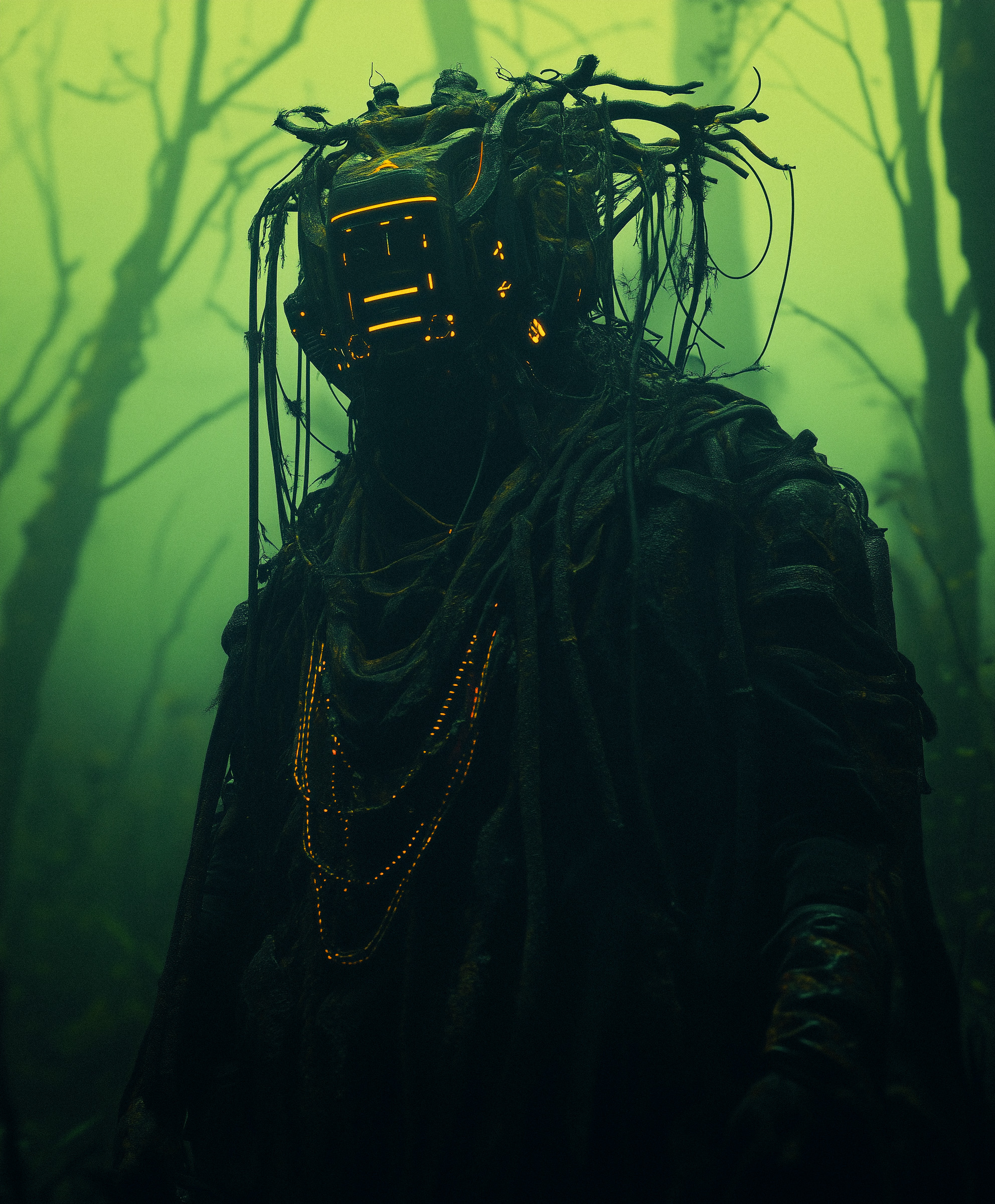
Druids
February 2025

Oracle
October 2024
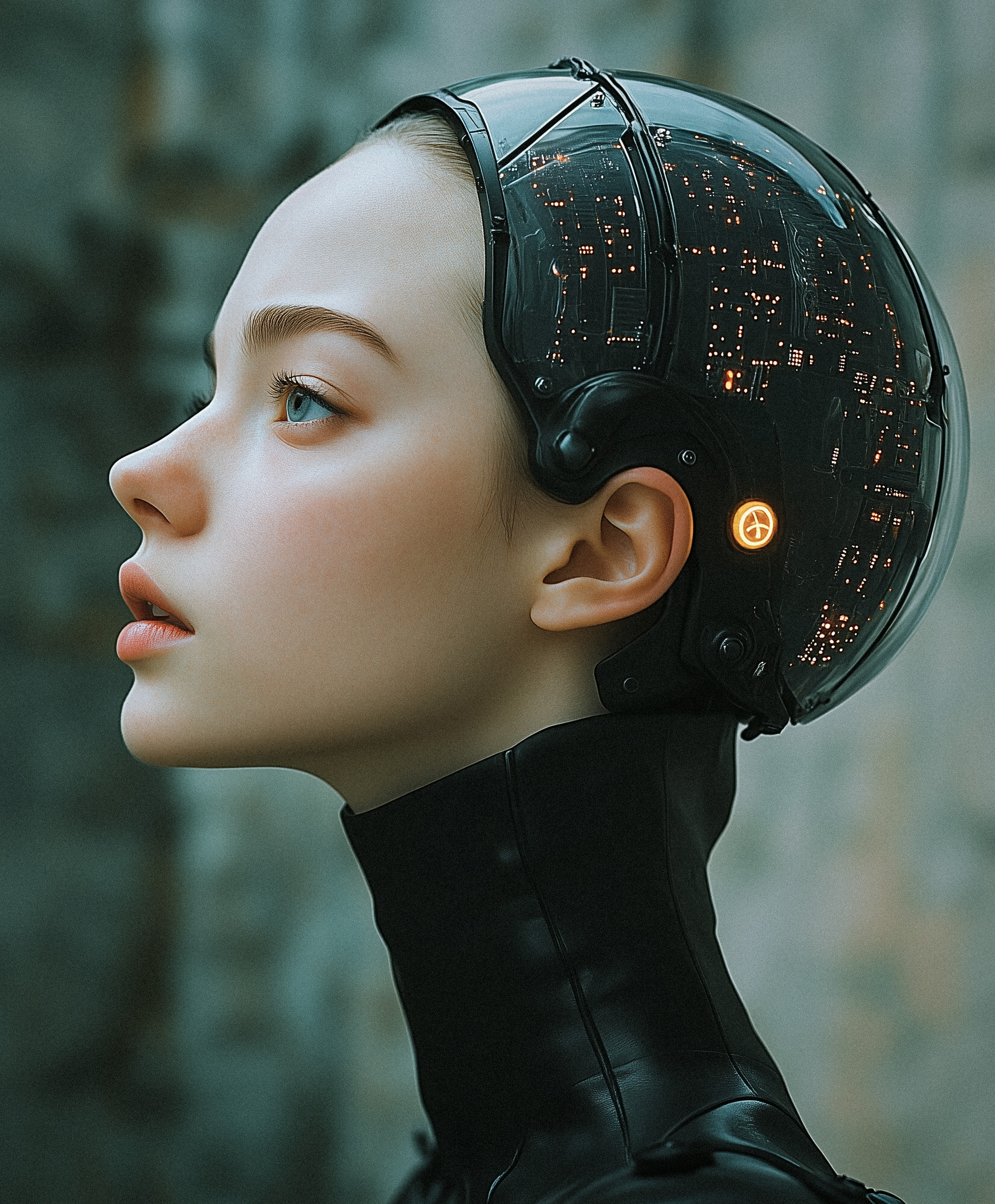
Jesuits
September 2024

Resistance
August 2024
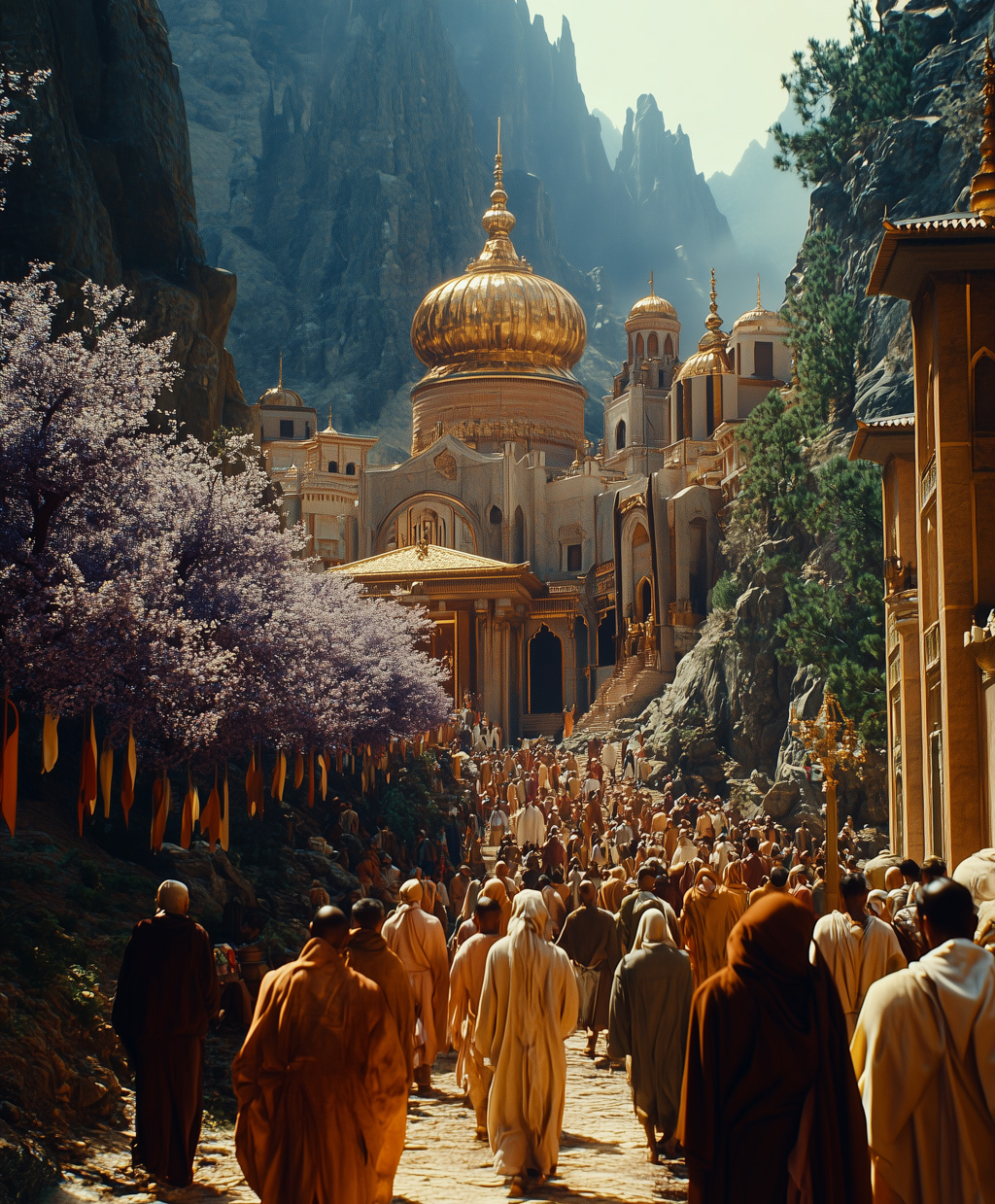
Lord Of Light
June 2024
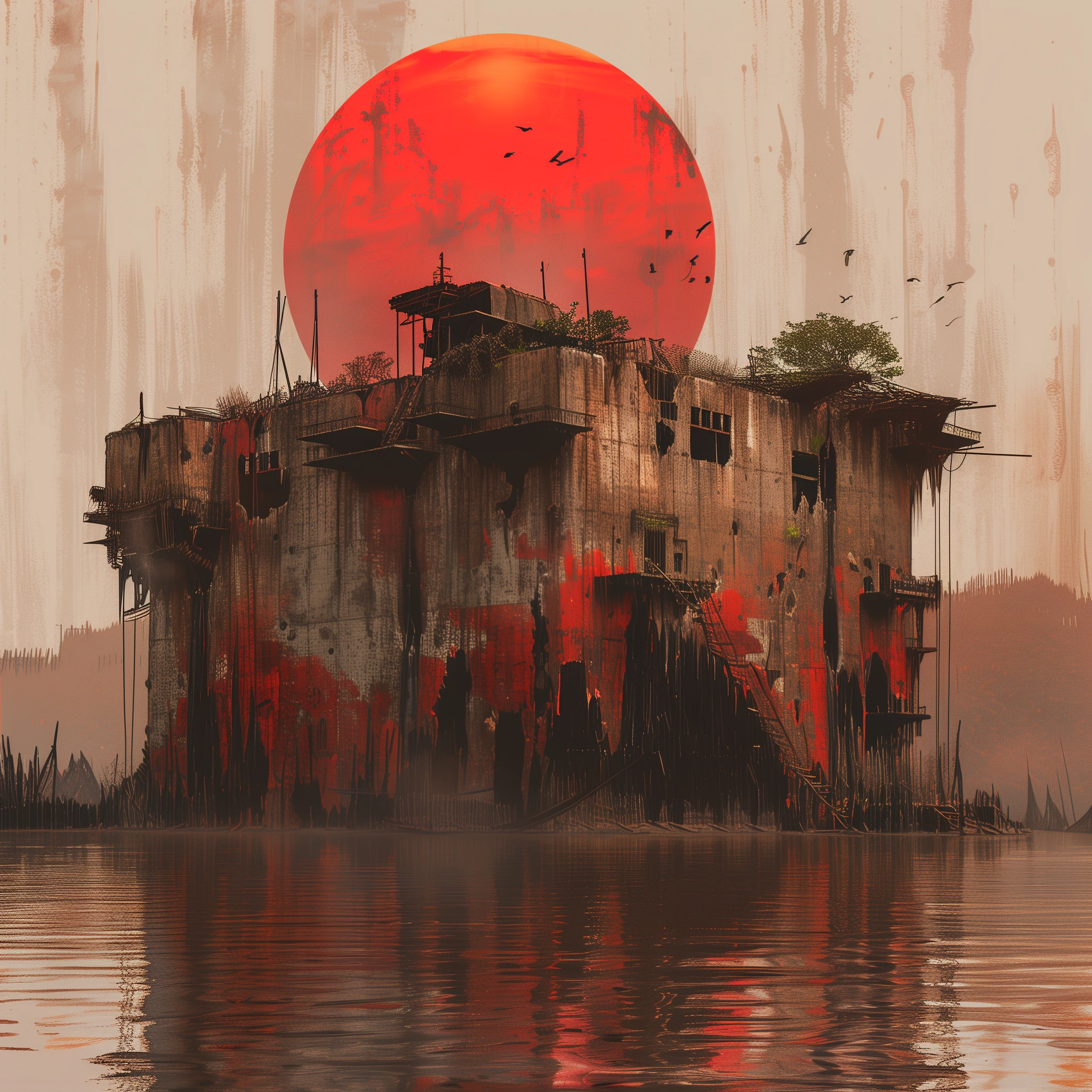
Cage Of Souls - Chapter 2
April 2024
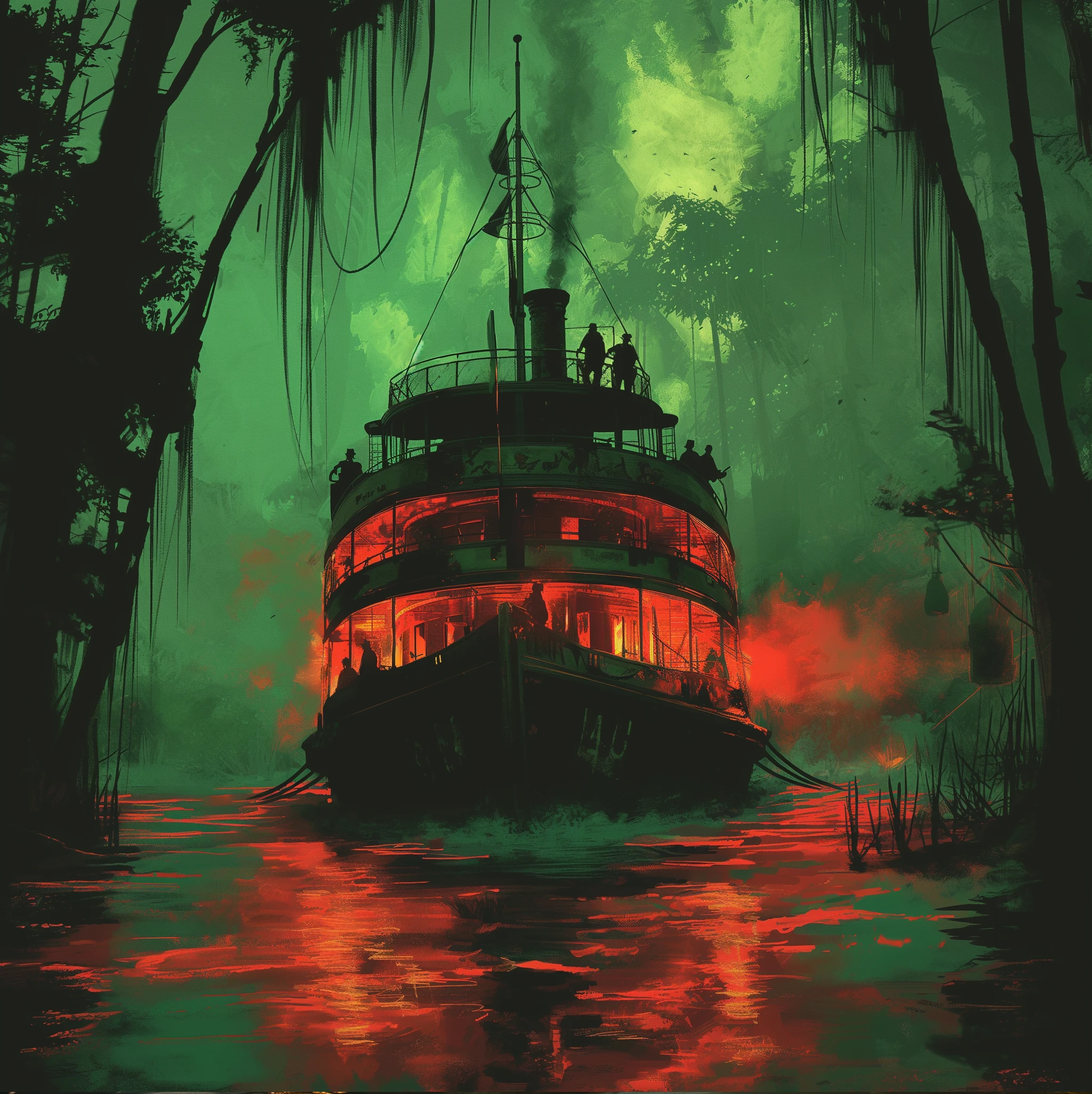
Cage Of Souls - Chapter 1
March 2024
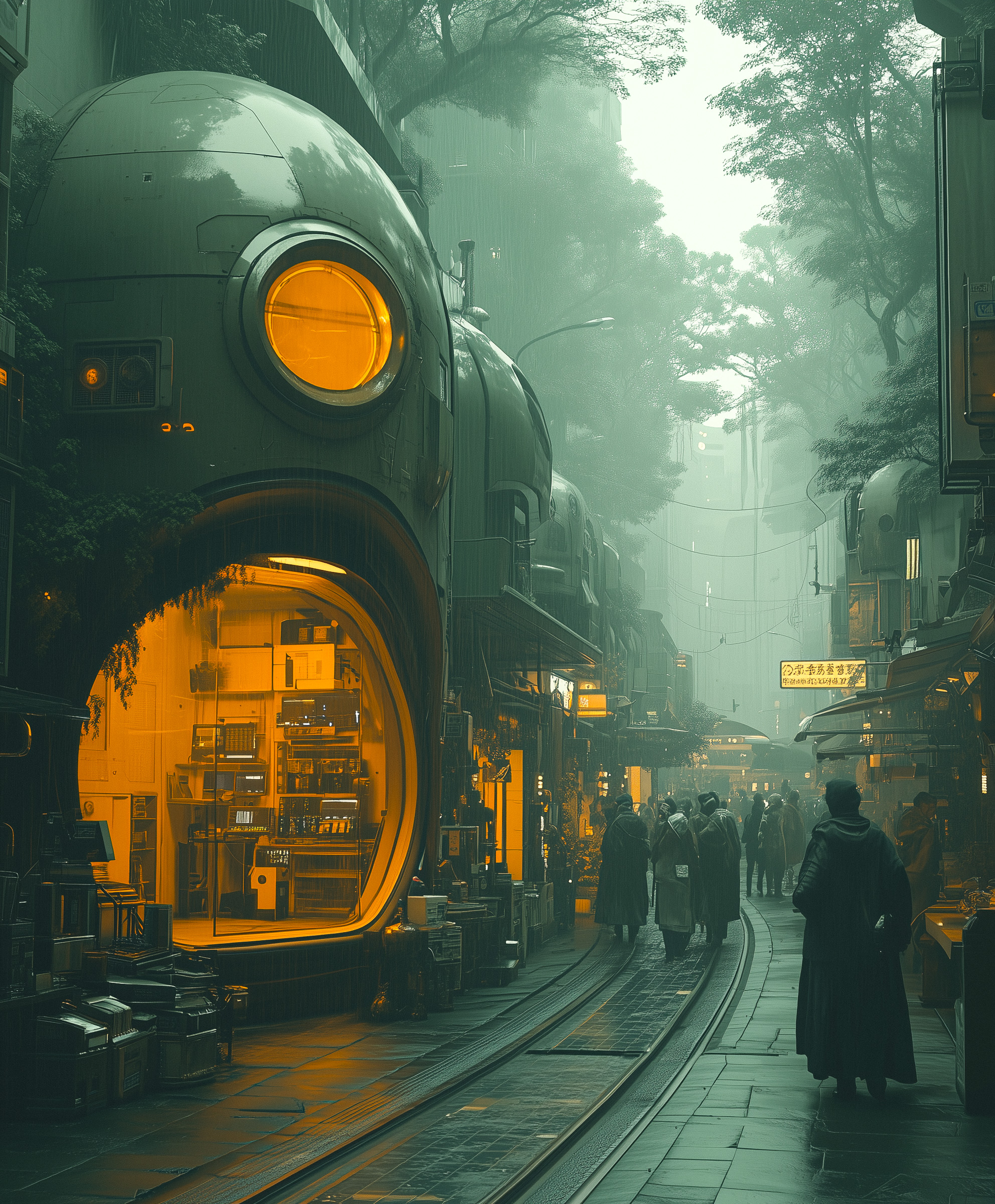
DSP
March 2024
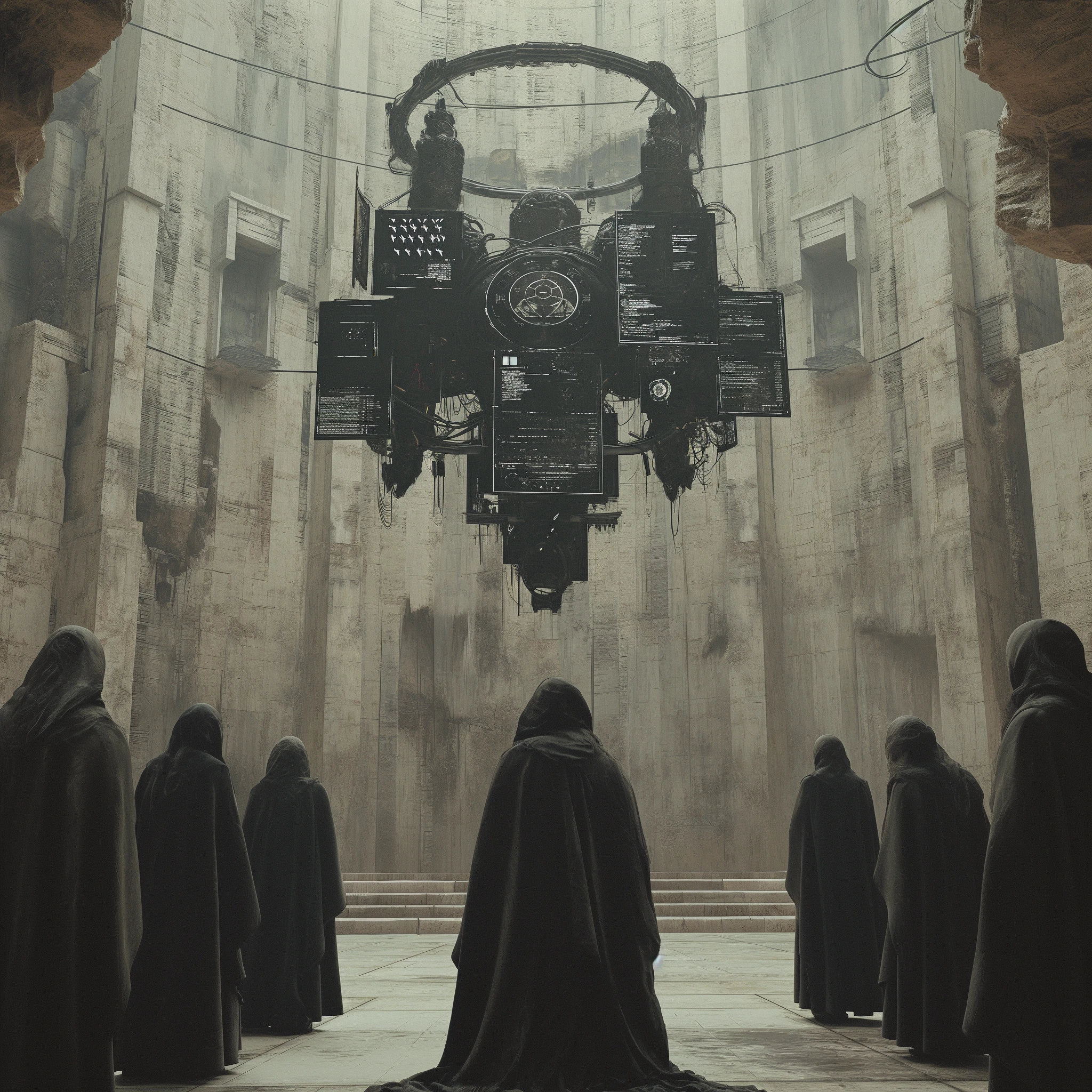
Five Views of the Planet Tartarus
February 2024
